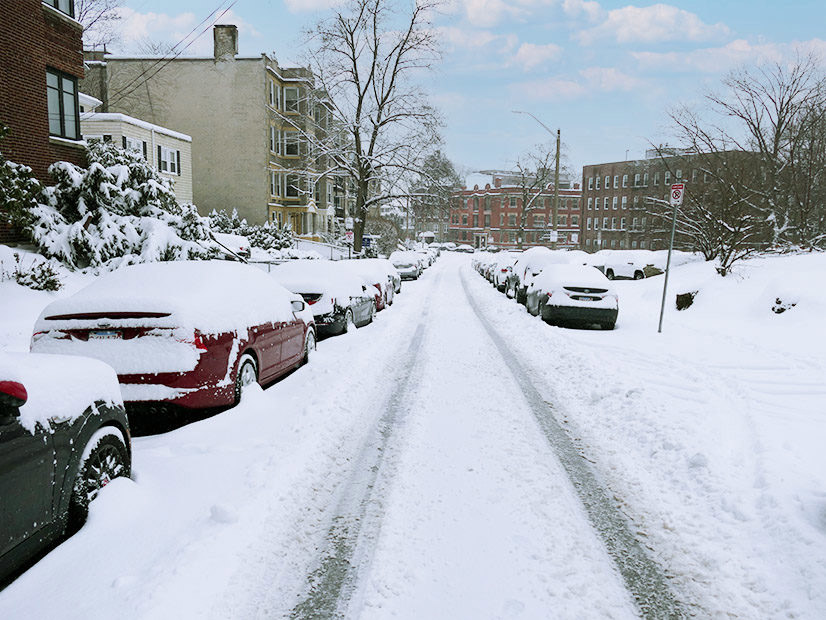ISO-NE is proposing changes to its winter fuel security plan, the Inventoried Energy Program, to answer a court order and, more significantly, account for the swirling global natural gas markets.
The IEP is set to be in place for the 2023-2025 winter seasons and will compensate resources for the inventoried energy they hold on winter days that hit a certain low-temperature threshold.
Coal, biomass, hydropower and nuclear generators will no longer be eligible for the program, after the D.C. Circuit Court of Appeals found that they would get $40 million in windfall payments for storing energy they would have kept anyway. (See Court Strikes a Blow to ISO-NE Winter Plan.)
In a presentation to the NEPOOL Markets Committee on Wednesday, ISO-NE Regulatory Counsel Kathryn Boucher laid out the grid operator’s relatively simple response to the court ruling and subsequent FERC order, which clarifies that those asset types can’t be included in the program.
ISO-NE is planning to put forward a compliance filing in mid-November.
Tweaking the Program to Address Market Changes
On a separate track, the grid operator is looking to make longer-term changes to the IEP to try to attract more market participants to use the program and help increase the region’s reliability.
“Increased global competition for oil and LNG has changed these markets relative to when the IEP was first designed,” ISO-NE’s Craig Martin said in a presentation to the MC.
The grid operator is proposing to change how the IEP payments are calculated and how gas contract eligibility works under it. It is working with Analysis Group to recalculate forward and spot rates for the 2023/2024 winter, using updated energy market pricing and LNG contract structures.
It’s also calling for a change in the terms of the program that state that “no limitations” can exist on when gas can be called.
And ISO-NE is proposing modifying the price eligibility threshold, which was included to “prevent contracts with very high incremental costs to buying gas from being eligible.” The shift from a Henry Hub/Algonquin Citygate metric to a Dutch Title Transfer Facility metric will “reduce the risk of gas contracts unintentionally being rejected due to potential price deviations between the cost of procuring LNG and domestic gas markets,” Martin said.
ISO-NE is also looking at potentially changing the duration of inventoried energy required from 72 to 120 hours and increasing the temperature point that triggers the program.
“ISO believes these updates will increase the quantities of inventoried energy attracted to the region for winters 2023/24 and 2024/25,” Martin said.
The grid operator is looking to get to a final NEPOOL vote on the changes in January 2023.



